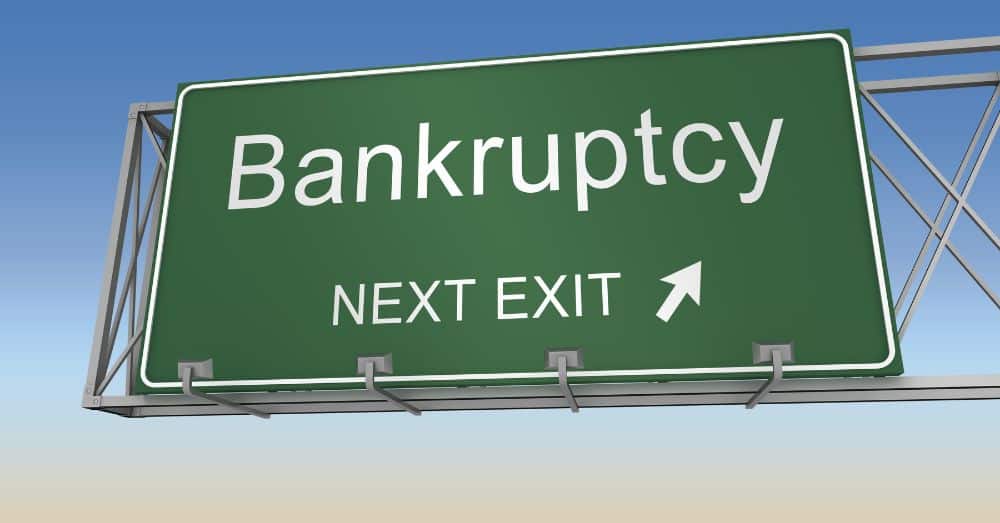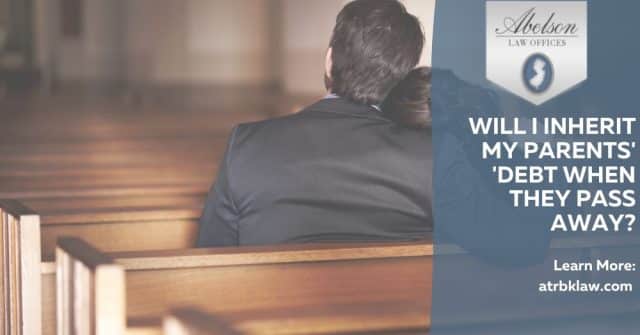One of the more frequent questions we get as Bankruptcy Attorneys is when is the right time to file. Like most legal answers, “it depends.” Normally (and there are some significant exceptions) I advise individuals that there is rarely a benefit to waiting. One can wait too long and like cancer, the tumor can become inoperable.
Clearly, a threat of foreclosure should prompt one to move quickly as the house cannot be saved after Sheriff’s Sale. If there is sizeable equity in a home, and judgments are entered, those judgments can either become perfected or be beyond the ability to “avoid” under the Bankruptcy law. (11 U.S.C. § 522(f)). Even if there is no equity, a civil judgment is on one’s record for twenty years and not automatically removed by a bankruptcy filing. Delays in filing can also lead to garnishments of wages or levies against bank accounts (which can be stopped but are a bit more difficult now following a 3rd Circuit decision last October which narrowed the definition of automatic stay violations under the Bankruptcy Code).
There can be a few good reasons to delay (discussed below) but continuing to use credit cards is not one of them. A common myth is that one can “max” out the credit cards before filing and there is nothing the creditors can do. That is not accurate at all, in fact, court decisions have readily held that any debt incurred “with the intention of a bankruptcy filing” is by definition fraudulent and non-dischargeable. Credit card companies will look back at an average of six (6) months to see if there has been a rapid accumulation of debt before a bankruptcy filing. If a significant increase of debt exists, they can file what is called an “Adversarial Proceeding” in the Bankruptcy Court to hold the debt non-dischargeable under 11 U.S.C. § 523 (a)(2)(A) (“false pretenses, a false representation, or actual fraud…”). Such action, even if successfully defended can be burdensome and expensive to defend. If one loses such an action, the debt remains forever, even in a future bankruptcy.
Waiting to file a bankruptcy is advised normally under one of the following circumstances:
- Tolling of Tax deadlines: Taxes are dischargeable in bankruptcy only after certain time-periods have expired. A premature filing can upset this.
Prior Bankruptcy Filing: There are time requirements for a repeated filing. One must wait 8 years between Ch. 7, 4 years between Ch. 13’s and 6 years for a Ch. 7 following a prior Ch. 13. - Pending receipt of severance or inheritance needed for necessary expenses: We would then permit the expenditure of these funds before any filing
- Preferential payment of loans: The Bankruptcy Court creates a look back period (90 days for non-family members, 1 year for family/business insiders) in which the Trustee can recover payments made deemed to be preferential. We would potentially recommend a delay of filing to avoid such a preference action.
- Jurisdictional and other time requirements: One must reside (or be domiciled) in the jurisdiction normally for six months before filing. If moving from another jurisdiction within two years, the exemption (protection of assets) of property is determined under the law of the prior state and certain advantages under Chapter 13 require a look back period of up to 2½ years.
Nearly all bankruptcy attorneys will acknowledge that all too often, people wait until the 11th hour (or beyond) to file and what could have been a calm deliberate process becomes an emergent rushed petition to stop some imminent threat (i.e. Sheriff’s Sale, civil judgment, etc.). Part of that is no doubt human-nature of eternal hope for a more appealing alternative to appear.
While we recognize this, it is incumbent as professionals in this area of the law to advise that
- Bankruptcy is the preferred and normally best alternative for most who are beleaguered by debt
- The effect is not nearly as dramatic as people imagine
- In most cases, things do not get better with time




